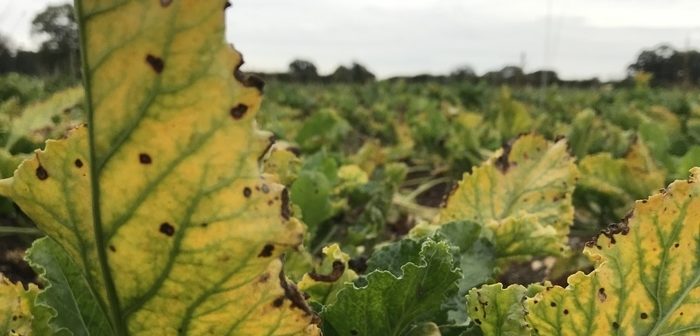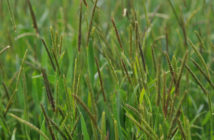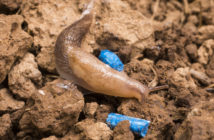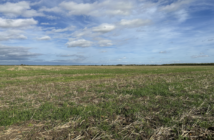HSE has issued an emergency authorisation (EA) for the use of InSyst (acetamiprid) on sugar beet.
It permits one application of Certis’ insecticide InSyst to control peach–potato aphid (Myzus persicae) to prevent virus yellows infection in sugar beet this year.
BBRO head of science Professor Mark Stevens says it offers additional protection alongside Teppeki (flonicamid) if needed to keep aphids and virus yellows in check.
The application was made jointly by the NFU and British Sugar with technical input from BBRO.
With the arrival of peach–potato aphids anticipated in the third week of May Prof. Stevens says June will be the crucial month for aphids in sugar beet this year.
“Following the low risk virus yellows forecast, that did not trigger the economic treatment threshold for use of Cruiser SB (thiamethoxam) seed treatment, it’s likely that both foliar sprays – Teppeki and InSyst – could be needed to see crops through to full canopy by the end of June.”
Prof. Stevens’ concern is not so much about the number of aphids expected but more about the number of virus sources this year.
“There are potentially a lot of reservoirs left over from the 2020/21 campaign. Groundkeepers, spoil heaps and energy beet still waiting to be moved are all sources with the potential to cause virus hot spots.”
He also reminds growers to only apply aphicides once the threshold of one green wingless aphid per four plants up to the 12 true leaf stage is met.
The InSyst EA states that crops must only be sprayed if following an initial spray of Teppeki this threshold is still met. It expires on 31st July.
InSyst EA – important information
- Maximum individual dose 250g product/ha
- Apply in 200 to 600 L water/ha
- Aquatic buffer zone 12m




